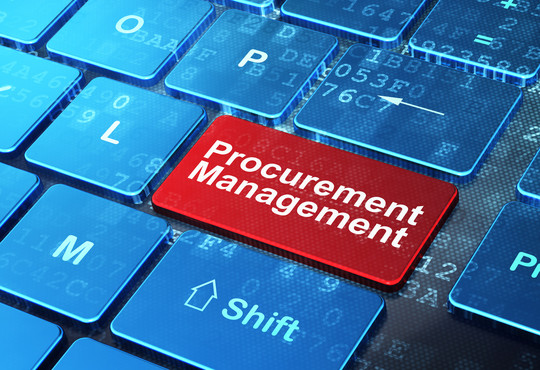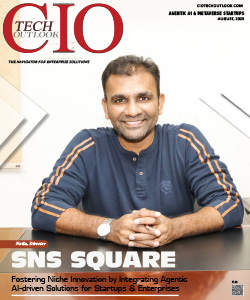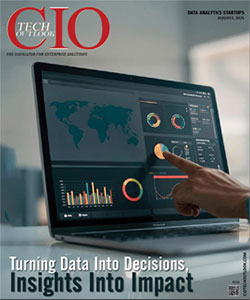New Procurement System to Improve Development Impact and Transparency in South Asia
CIOReview Team | Wednesday, 22 February 2017, 04:45 IST
 In keeping pace with global trends, the World Bank unveiled today a new Procurement Framework to help its partner countries in South Asia that procure goods and services under Bank-financed projects make the best use of their public spending, strengthen their national procurement policies, and improve their development objectives.
In keeping pace with global trends, the World Bank unveiled today a new Procurement Framework to help its partner countries in South Asia that procure goods and services under Bank-financed projects make the best use of their public spending, strengthen their national procurement policies, and improve their development objectives.
The new Framework was introduced at an event, a joint initiative with the Ministry of Finance held at MILODA- Academy of Financial Studies, in Colombo Sri Lanka, and presented by Felipe Goya, World Bank Manager for Solutions and Innovations in Procurement for South Asia, and Robert Hunja, World Bank Director, Governance Global Practice, in the presence of Priyanga Algama, Director General, Public Finance, Government of Sri Lanka, public sector officials, development partners, finance students, and World Bank staff.
The new Procurement Framework will allow the World Bank to better respond to the needs of its client countries, while preserving robust procurement standards throughout Bank-supported projects.
“We are committing to put our resources and energy to help our clients and development partners to focus on outcomes rather than rules and procedures,” said Hunja.
South Asia is pioneering the use of the more flexible, efficient, and transparent procurement framework: the North Eastern Region Power System Improvement Project (NERSIP) in India, which was approved by the World Bank Board in July 2016, is the first project to follow the Bank's new Procurement Framework. Projects planned in Sri Lanka will soon be benefitting from the policies of the new framework.
“Procurement in Investment Project Financing supports the clients to achieve value for money with integrity in delivering sustainable development” said Felipe Goya while detailing the 6 core principals governing the framework: value for money, fit-for-purpose, economy, efficiency, integrity, transparency and fairness.
The new Framework enables the Bank to work more closely with country partners in improving their own procurement systems. Furthermore, under this framework, clients can use the procurement arrangements of other multilateral development partners or of national agencies in some circumstances.
The new Framework will include an online tracking and monitoring tool Systematic Tracking of Exchanges in Procurement (STEP) to speed up procurement processes, while promoting transparency and accountability and facilitate procurement-related complaints.
The World Bank’s Board of Executive Directors initially approved this new policy framework in July 2016. It governs procurement in Bank-financed projects in 172 countries worth about USD 56 billion. This new Framework is a result of an extensive review and three-year consultation process involving more than 5,000 people in 100 countries including partner countries, CSOs, and private sector.




